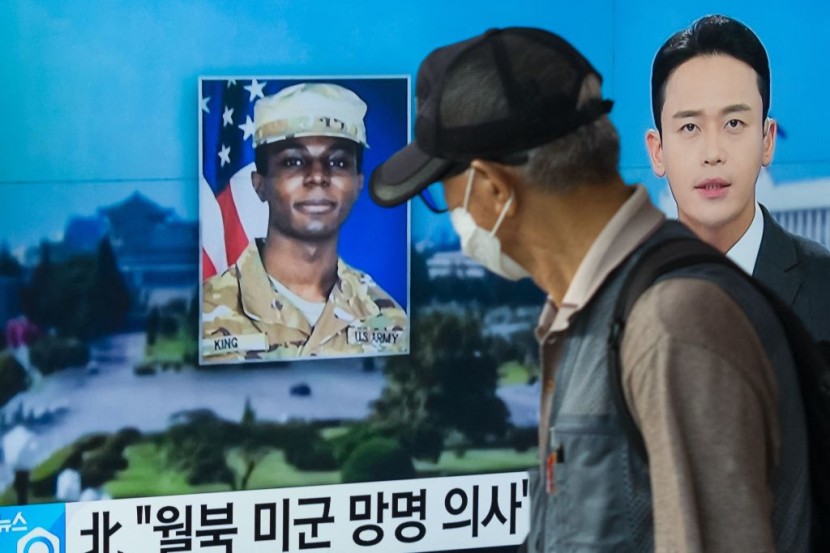
Travis King, the US soldier who sprinted into North Korea in an attempt to escape disciplinary charges during his tour in South Korea last July, has been released by North Korea and is now in US custody.
Officials in Pyongyang earlier confirmed they have King in their custody and are set to expel him, an unprecedented move that surprised some Korean Peninsula observers who were expecting the North to drag out his detention in the hopes of squeezing concessions from Washington at a time of high tensions between the rivals.
One of the US officials familiar with the matter told the Associated Press on the condition of anonymity that King was transferred to American custody in China with the help of the Swedish government.
Both the White House and the Pentagon have not responded to reporters' requests for comment.
North Korea Deems King Strategically Irrelevant
King served in Korea prior to the desertion incident. After at least two altercations which brought him under South Korean police custody, he was supposed to be sent home to face disciplinary charges when he failed to board the plane bound for the US and instead joined a civilian tour of a border village near Panmunjom.
North Korean state media KCNA reported Wednesday (September 27) that authorities have concluded their questioning of King. The African-American soldier confessed he illegally entered the country because he harbored ill sentiments about alleged inhuman maltreatment and racial discrimination against both the South and the US Army.
According to Sejong Institute analyst Cheong Seong-Chang and Kyungnam University North Korean studies professor Lim Eul-chul, Pyongyang's decision to release King was based on its conclusion that he was not someone of high value to be kept in the hermit kingdom and did not have any worth in terms of military intelligence.
King's Fate To Be Determined by US Army Court Martial
While King's whereabouts and condition have been confirmed, this would not be the end of his troubles as he would still face disciplinary charges against him prior to his crossing the Demilitarized Zone (DMZ). On top of that, he would also likely face a court martial as the US government has declared him absent without official leave (AWOL).
If convicted, he would be sentenced to military jail time, forfeiture of pay, a dishonorable discharge, or a combination of any of the three.








